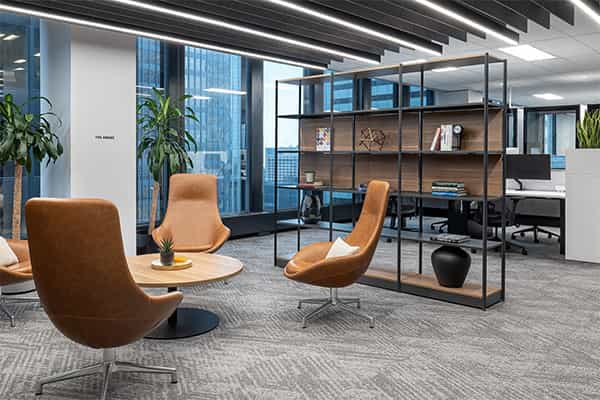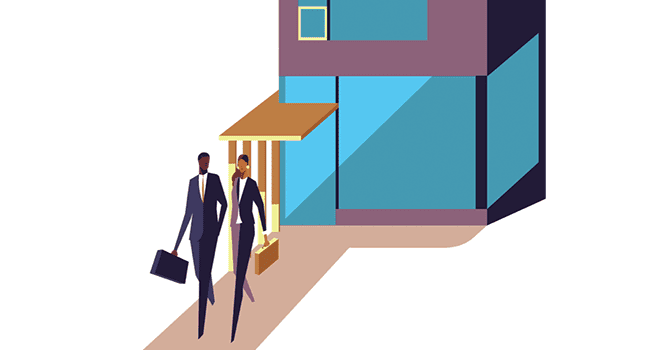Thought capital - commercial real estate insights and research
Quarterly and topical research insights to help your business gain competitive edge in commercial real estate.
Sightlines
Around-the-corner knowledge and multi-national expert insights and data-driven intelligence to help you unlock economic, social, and environmental value in your commercial real estate decisions.
Explore our latest Impact Report
Explore our 2023 Impact Report, and read about our performance last year, alongside perspectives from our people on the topics that matter most to us – climate action, diversity, equity and inclusion, and community impact.
Accompanied by stunning portraiture, captured by talented female photographers from Women Photograph, these stories are just some of the ways we’re supporting our clients, our industry and each other to create everyday impact for people and the planet.
.jpg/59f7175c-51c6-b1c5-9918-4c2a748d14c2?t=1726252675626)
-
 10 things you need to know about the urban heat island effect + Five things you can do about itJuly 15, 2024
10 things you need to know about the urban heat island effect + Five things you can do about itJuly 15, 2024 -
 Natural capital has entered the chat, so here are the basicsJuly 14, 2024
Natural capital has entered the chat, so here are the basicsJuly 14, 2024 -
 Climate disasters bring dark clouds over North American insurance ratesJuly 11, 2024
Climate disasters bring dark clouds over North American insurance ratesJuly 11, 2024 -
 Our Toronto HQ: where our people made the placeJuly 8, 2024
Our Toronto HQ: where our people made the placeJuly 8, 2024
Market reports
Quarterly and topical research insights to help your business gain competitive edge in commercial real estate.

